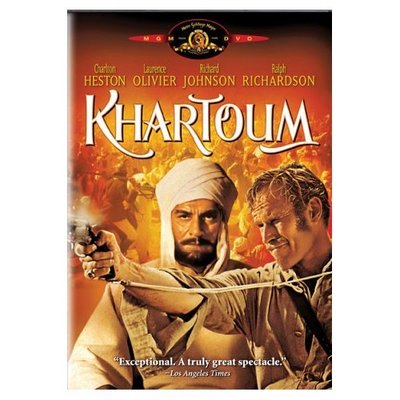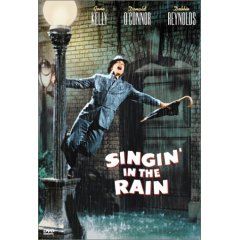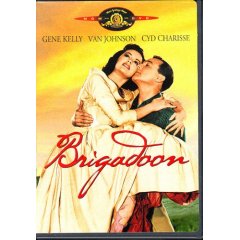by the Night Writer
When I told the lads last week that we were going to watch a classic Bill Murray movie that featured a cute, furry animal they were all, “Cool – Caddyshack!”
“Oh yeah,” I replied, “And what positive message could I possibly squeeze out of that besides ‘Be the ball.'”
 There were a number of reasons for me to choose “Groundhog Day“: 1) It’s February, 2) The story, and 3) Bill Murray is about the only actor to come out of Saturday Night Live who’s movies I like. As it turns out, the movie was timely for another reason as well, which I’ll get to.
There were a number of reasons for me to choose “Groundhog Day“: 1) It’s February, 2) The story, and 3) Bill Murray is about the only actor to come out of Saturday Night Live who’s movies I like. As it turns out, the movie was timely for another reason as well, which I’ll get to.
I think most people know the plot of the movie. Murray is an egotistical, selfish jerk of a TV weatherman who literally gets stuck in Puxatawney, PA covering the annual Groundhog Day ceremonies. Not just stuck as in he can’t leave town, but stuck living the same day over and over again although he’s the only one who’s aware of what’s happening — everyone else in the town forgets what happened before when they live the day all over again. Why this particular jerk is singled out for this anomaly is hard to say, but just go with it. Murray soon discovers that no matter what he does — including getting locked in jail, kidnapping Puxatawney Phil or killing himself — will keep him from waking up at 6:00 a.m. the “next” morning to the exact same story.
When he first realizes there are “no consequences” he indulges in any and every thing he can think of to amuse himself, whether it’s stealing money, taking advantage of unsuspecting women, pigging out on fatty food, sweets and smoking…all while it’s clear that he’s coming apart trying to deal with this unique kind of Hell. He eventually sets his sights on seducing his new producer, played by Andie MacDowell, using his endless series of days to learn everything about her, what she likes, what she hopes for, what might impress her and then trying to use this knowledge to deceive her. She has a good heart and he’s very nearly successful again and again but each time her common sense and character undo his schemes. Thwarted in his quest and ultimately bored by his all his indulgences, Murray tries a number of inventive ways to kill himself, but always waking up back in his bed. At his lowest point he spends another day with MacDowell, not trying to scam her but trying to convince her of the absurd thing that is happening to him. She agrees to help him, and in the wee hours of the morning, exhausted, Murray realizes that what attracts him to her is her kindness, fairness and compassion even when dealing with a guy she knows only as a jerk.
At rock bottom, and from that revelation, Murray starts to change, using his unique situation and “omniscience” to help others. Strangely enough, he starts to have fun and begins enjoying himself by helping others, preventing accidents and becoming the most popular guy in town.
I first got the idea to show this movie this month back in November or December, but what makes it especially timely now is that it comes on the heels of the post I wrote earlier this week about the book Born to be Good and the “discovery” that humans have a built-in and measurable warm feeling and reaction to doing good or seeing good things done. Murray’s journey from bewilderment to dissipation, depression and ultimately redemption — though filmed 25 years before the book was written — demonstrates that premise in a funny and touching movie that is as fundamental as any film in this series. (See Sidebar Categories for other films).
















